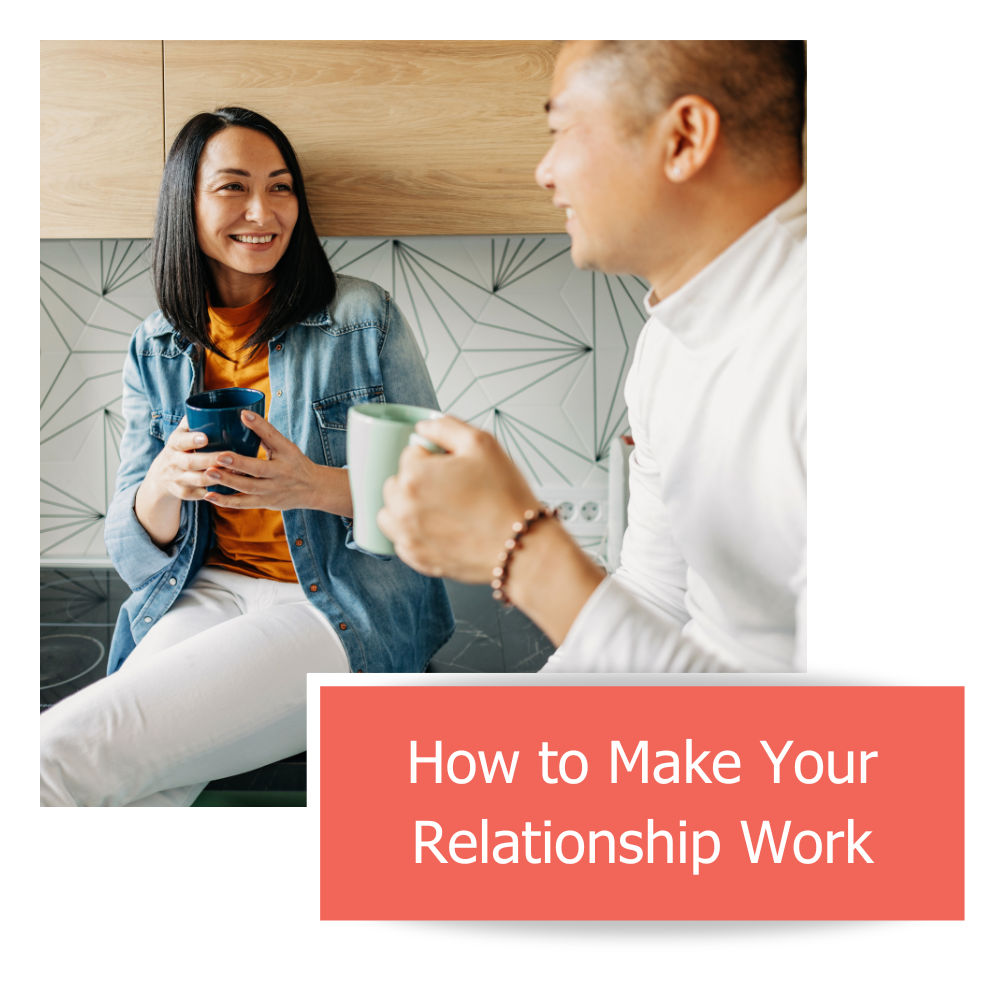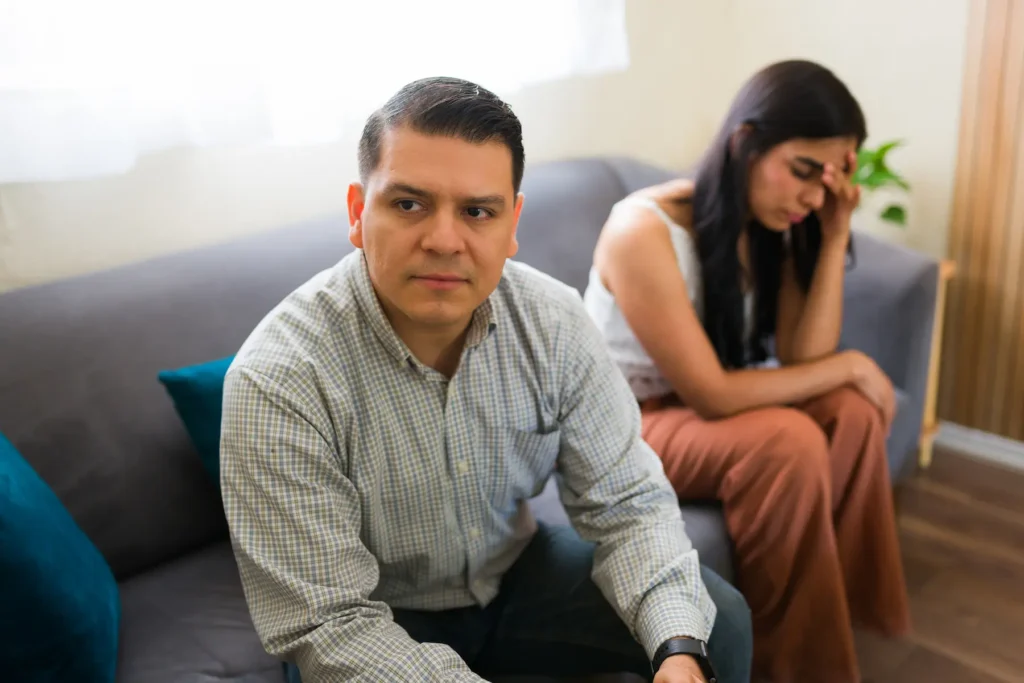When you argue, fight, or disagree with your partner, do you feel emotionally intimate with them? This question sounds like a joke. It sort of is. The truly funny (and ironic) thing is that it doesn’t have to be.
Emotional attraction in conflict
Our inclination to laugh stems from a universally accepted sociocultural belief that fighting is the antithesis of emotional intimacy. Gottman research suggests otherwise.
Dr. John Gottman demonstrated that conflict and emotional intimacy are not antithetical. In fact, to enjoy a lasting and healthy relationship, even the most functional of couples must engage in conflict discussions about areas of disagreement. Having areas of disagreement is natural. Negativity plays many prosocial functions, for example, culling out interaction patterns that don’t work, renewing courtship over time, etc.
The presence of conflict in your relationship does not predict impending doom. It is your approach to conflict discussions that determines your shared future.
This should come as somewhat of a relief. You don’t have to stop fighting to keep your relationships intact. You just have to learn to fight “smart” (see Psychology Today’s article on “conscious combat” featuring Dr. Gottman’s research). You can manage conflict by keeping your hearts and minds intimately connected.
One of the greatest stumbling blocks encountered by couples in a conflict discussion is physiological flooding. The following exercise can help you and your partner fight flooding together.
Flooding Questionnaire: Fight Flooding as a Team
With Dr. John Gottman’s words in mind, “When you’re in conflict with somebody and you become flooded with fear or anger, all your best intentions can go out the window,” answer the following questions. If possible, jot down your thoughts and have your partner do the same. Share your answers and talk about their implications.
1.What typically happens just before you start to feel flooded?
2. Are there particular words, actions, or topics that seem to “trigger” you to flood?
3. What would allow you to stay in an intense conversation without flooding?
4. How are upsetting topics introduced into conversations?
5. Does either of you bring up these subjects in a harsh way?
6. Are there ways that either of you could introduce these subjects so that you might stay calmer?
7. Do either of you tend to “store up” problems and try to deal with them all at once?
8. Can you do a better job of handling your problems one at a time?
9. What can you do to soothe yourself when you feel irritable, scared, or angry?
10. What can you do to soothe each other?
11. What signals can you develop for when either of you feels flooded?
12. Can you take breaks?
13. What can you do during these breaks to calm down?
14. How do you make sure that you get back to the problem later on?
15. How could you conclude a discussion of a currently unresolved issue with a sense of reaching a temporary solution? What would this take from you? What would it take from your partner?
________________________________
Though neither of you want to escalate the argument or to hurt the other, flooding overrides any attempt at rational thought or balanced thinking. You both lose control. So try this:
Be attentive. When one of you notices signs of flooding (blood pressure rising or your heart rate increasing) or start to notice your partner becoming seriously upset, stop. Remember the exercise. Remember to breathe. What can you do to handle things differently this time? How can you prevent the takeover of flooding?
This will take practice, patience, determination, and the willingness to compromise. If you don’t see change happening overnight, don’t be discouraged. Think small steps. Learning to preempt and manage flooding in conflict is difficult, but if you keep working on it together, you will be very happy with the results.









